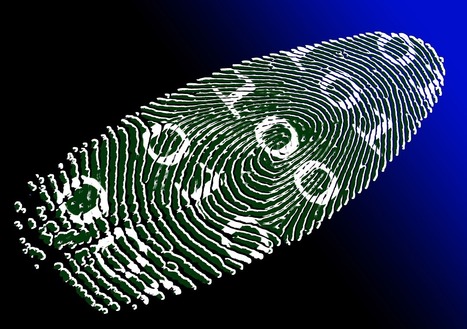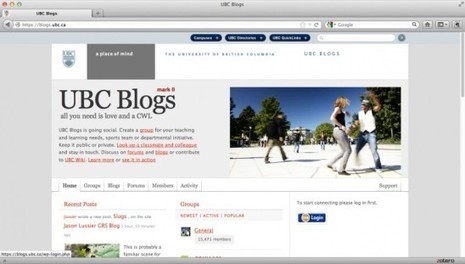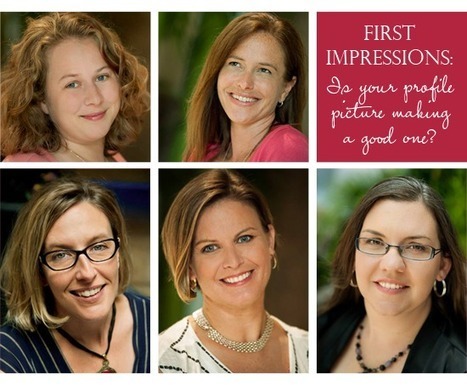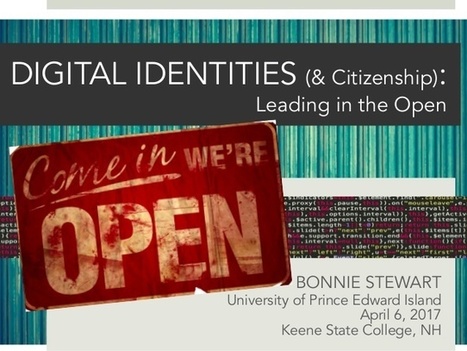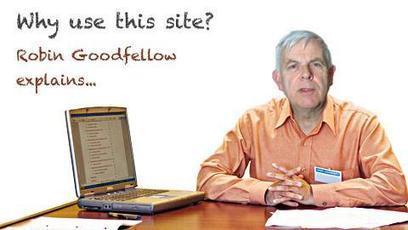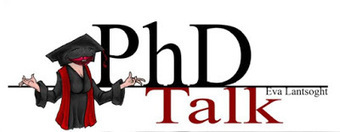Who is Bonnie Stewart? Can you introduce yourself and your research interests?
I am an educator who has been teaching and working in higher ed for almost two decades now. My current role is Program Lead for Experiential Education at the University of Prince Edward Island in Atlantic Canada. My job involves building a coherent campus-wide picture and process for integrating experiential opportunities into learning, and developing includes work in distance ed, adult ed, and participatory digital communications, in addition to my Ph.D research in digital and open scholarship.
Research and publish the best content.
Get Started for FREE
Sign up with Facebook Sign up with X
I don't have a Facebook or a X account
Already have an account: Login
Literacy in a digital education world and peripheral issues.
Curated by
Elizabeth E Charles
 Your new post is loading... Your new post is loading...
 Your new post is loading... Your new post is loading...

Fiona Harvey's curator insight,
December 1, 2013 4:35 AM
Scoping digital professionalism as a term, refers to health sciences/medical professionals but equally is a concept that we have already been applying through online identity sessions
|

Sebastián Vásquez's curator insight,
September 25, 2016 4:39 PM
Raising awareness about the importance of digital reputation management might save us of making mistakes that could put our lives (or any field) at risk. An image, a post or a comment could end up being a disaster for our professional fields if they are not along with social conventions about social behaviours. In additon, as social networks allow people to get a fast and massive access to information, we need to pay closer attention to the kind of content we publish since these spaces, nowadays, can even play the role of a resume for a job interview (as Scoop.it slogan says, "You are the content you publish"). My suggestion, then, could be to have our several social domains in separate virtual spaces instead of migled into only one, or limiting our virtual spaces to determined or previously set objectives.
|






